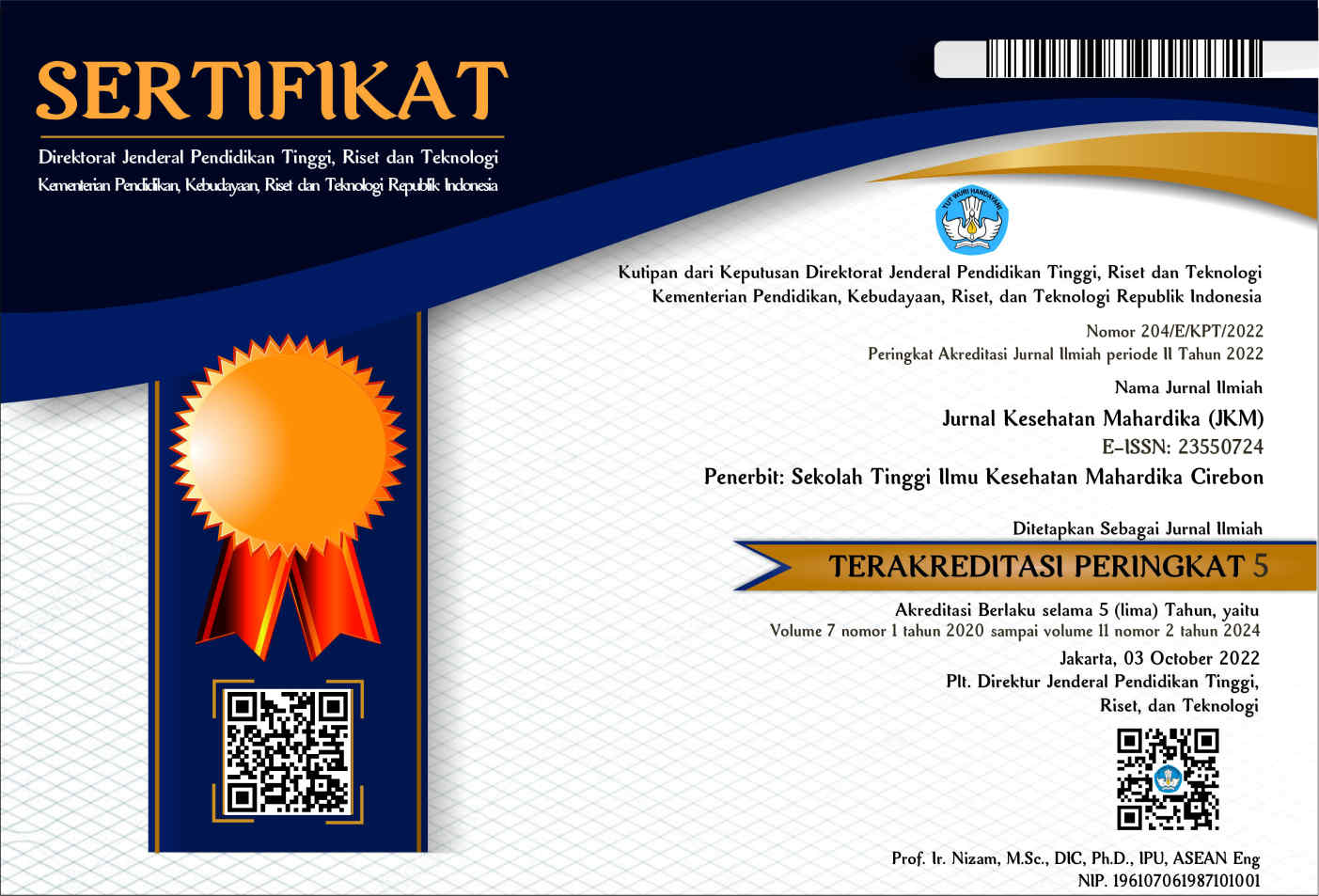HUBUNGAN POLA KONSUMSI ULTRA PROSES DENGAN STATUS GIZI DI KALANGAN REMAJA: SYSTEMATIC REVIEW
Abstract
Nutritional problems among children and adolescents remain a major public health issue in Indonesia, with challenges including both undernutrition and overnutrition. One contributing factor is the increasing consumption of ultra-processed foods (UPF), especially among adolescents. UPFs are industrially processed foods that are high in energy, fat, sugar, and salt, but low in essential nutrients. To evaluate the relationship between UPF consumption and nutritional status among adolescents. This study used an observational design based on data from a systematic review. A review of various national and international studies shows that most research found a positive association between high UPF consumption and excessive nutritional status, such as overweight and obesity. However, some studies did not show a significant relationship, which may be influenced by other factors such as physical activity, sedentary behavior, and socioeconomic conditions. Furthermore, the type of UPF consumed also affects its impact on nutritional status, with energy-dense foods showing a stronger correlation than beverages. High consumption of ultra-processed foods has the potential to be an independent risk factor for excessive nutritional status in adolescents, although individual characteristics and lifestyle variability should be considered as moderating factors in this relationship.
Published
How to Cite
Issue
Section
Copyright (c) 2025 Jurnal Kesehatan Mahardika

This work is licensed under a Creative Commons Attribution-NoDerivatives 4.0 International License.













